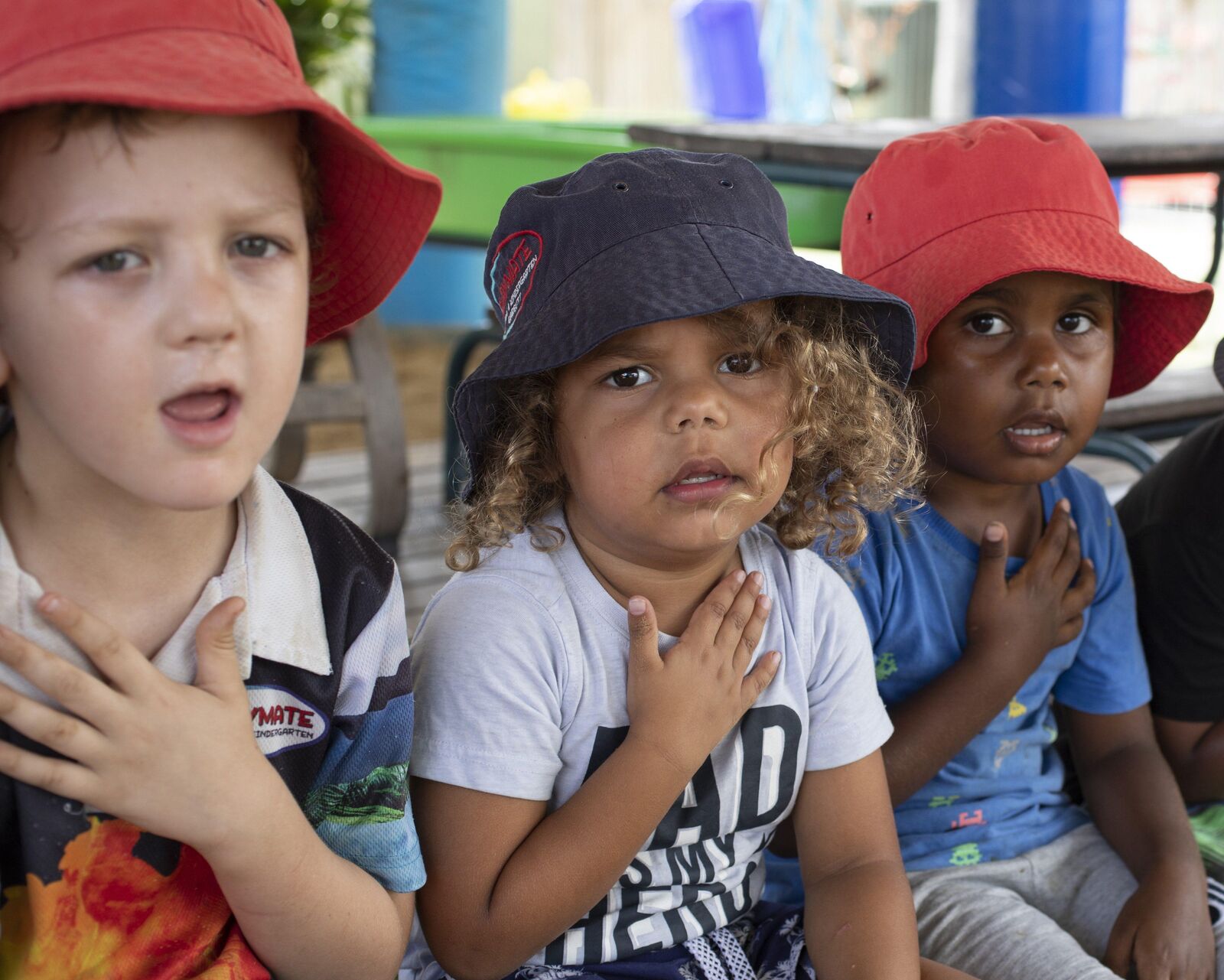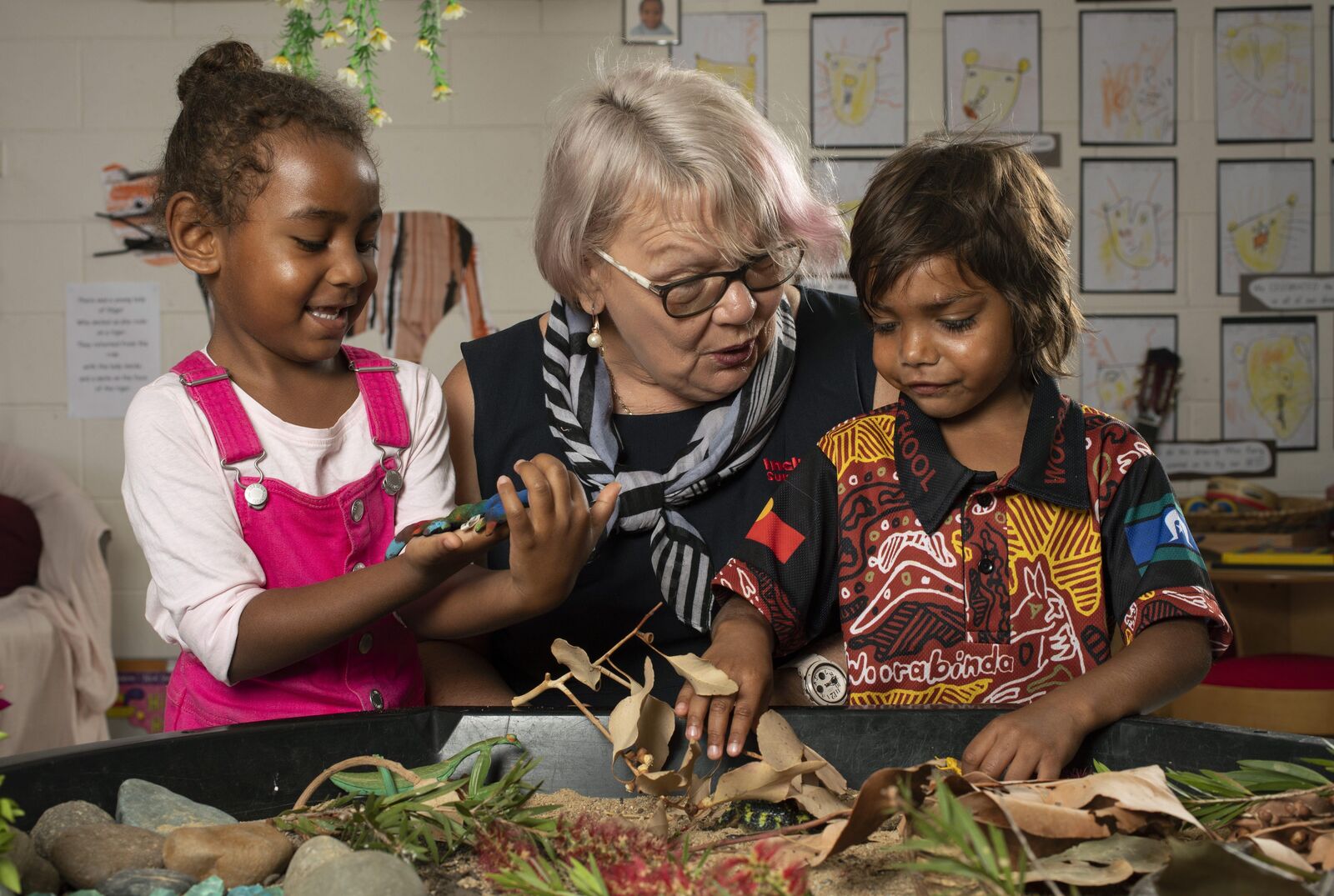
Inclusion Support QLD is part of the Inclusion Support Program and is managed by KU Children’s Services, in partnership with Cairns and District Child Care Development Association.
The Inclusion Support Program aims to build the capacity and capability of educators to address participation barriers for all children through implementing quality inclusive practices.
Inclusion Support QLD has a network of Inclusion Professionals who provide tailored support to eligible early childhood education and care (ECEC) services across Queensland, to create solutions that address barriers to inclusion. Our team of Inclusion Professionals are based at inclusion hubs located across regional and metro areas of Queensland: Cairns, Townsville, Mackay, Rockhampton, Hervey Bay, Sunshine Coast, Brisbane North, Brisbane South, Logan/Redlands, Toowoomba and Gold Coast.
Eligible Services
We provide free tailored inclusion support to eligible early childhood education and care services including:
On this page:
Support for educators
Educators are directly supported by our team of Inclusion Professionals, who are based at Inclusion Hubs across QLD.
Inclusion Professionals use a strengths-based approach, including coaching and practical inclusion advice when supporting each service. Support is provided through a combination of phone appointments, online appointments and service visits.
How do we support services?
Inclusion Professionals recognise that the inclusion journey of each service and educator is unique. The support provided is tailored to meet the individual needs of each service.
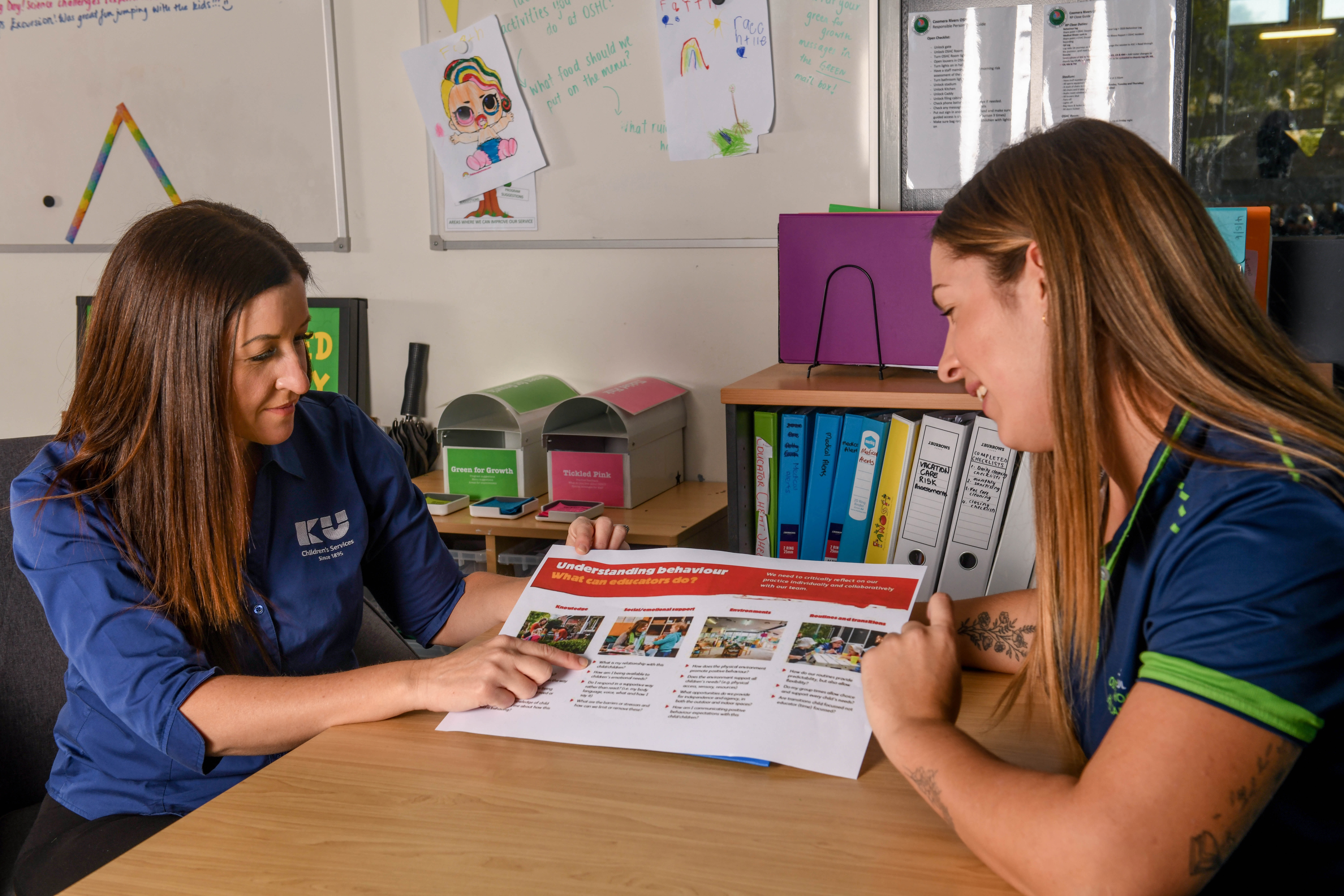
The role of an Inclusion Professional is to support educators to:
- Acknowledge and identify their strengths
- Reflect on their understanding of inclusion and identify
inclusion barriers - Critically reflect on their practices
- Overcome specific inclusion barriers by identifying and planning practical strategies and solutions through the development of a Strategic Inclusion Plan
- Implement their Strategic Inclusion Plan, reflect on their progress and identify next steps
- Promote an understanding of inclusion principles with families and other professionals
- Access all Inclusion Support Program (ISP) resources including the Inclusion Development Fund, if required, to support children to access and participate in every aspect of the program
- Work in partnership with families, community groups, services and organisations
Inclusion Professionals are unable to:
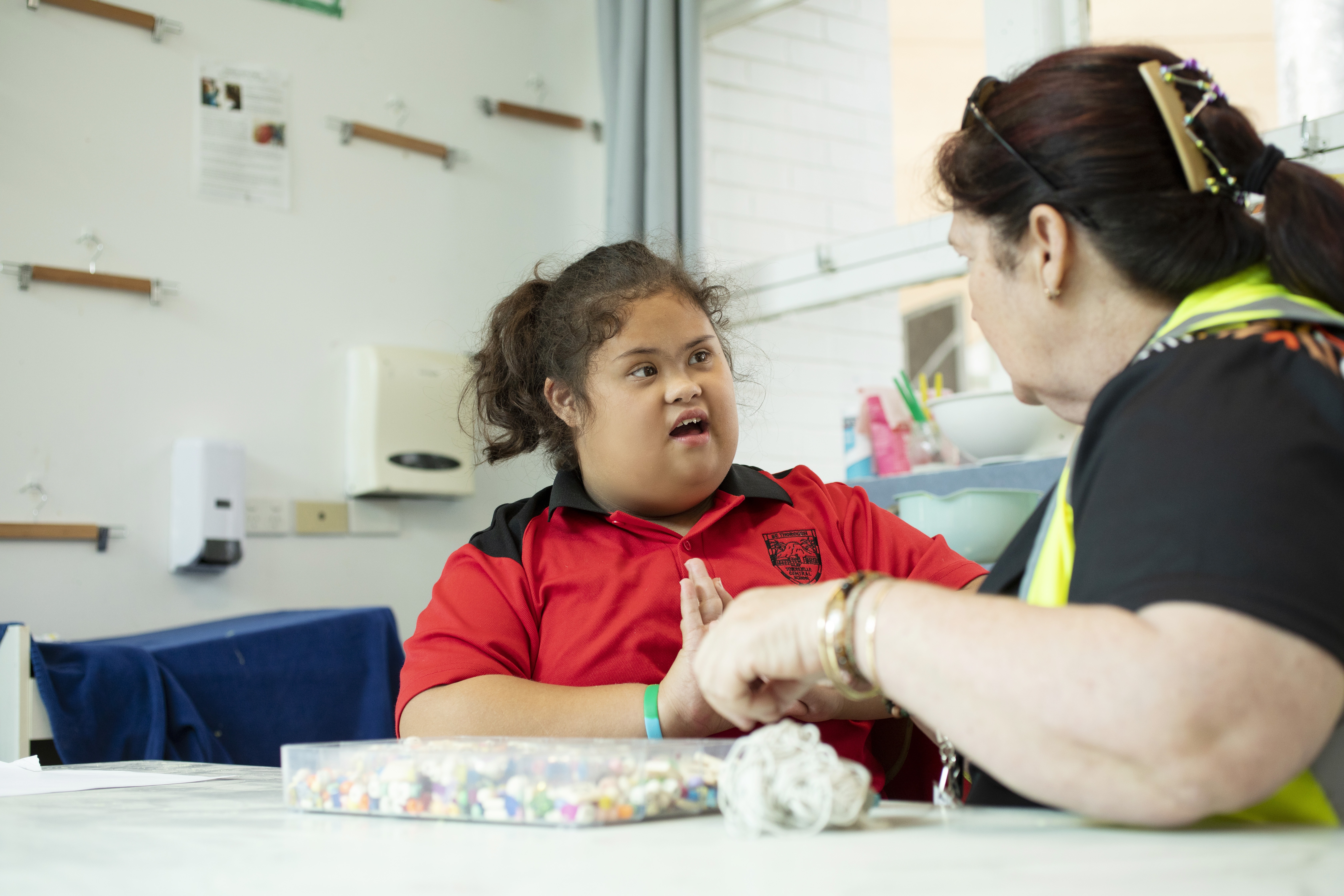
- Assess or support individual children
- Provide funding for one to one support for individual children
- Tell educators what to do or what resources they have to use
- Provide access to specialist equipment for therapy purposes
- Complete planning and/or funding applications on behalf of a service
- Recommend ECEC services to families
Strategic Inclusion Planning
The Strategic Inclusion Plan (SIP) is a self-guided inclusion assessment and planning tool for services, which includes strategies for improving and embedding inclusive practice, in line with the National Quality Standard (NQS). Developing a Strategic Inclusion Plan (SIP), in conjunction with their Inclusion Professional, supports services to identify their current inclusion capacity as well identify strategies and actions they will implement to ensure all children can actively and meaningfully participate in the program. A Strategic Inclusion Plan is the first step in accessing support from the Inclusion Agency.
A Strategic Inclusion Plan is developed, implemented and evaluated within a 12 month period and can be updated at any time to reflect changes and to record progress.
Valuing Inclusion
Inclusion Support QLD recognises each service’s ongoing commitment to inclusion by providing them with an “Our service values inclusion” acknowledgement when they have an active Strategic Inclusion Plan.
This acknowledgement can be displayed to show families, the community, Authorised Officers, and any other visitors to the service that you value diversity and recognise inclusion as a right for all children.
Each year a service maintains an active SIP, their Inclusion Professional will provide them with a star which shows that they continue to be a service that values inclusion.

Children with Additional Needs
While there is no national definition of ‘additional needs’, there are children who may need or require special considerations or adaptions to participate fully in ECEC services (although not all children with additional needs will require support).
Additional needs may arise for children who:
- have a disability or developmental delay
- are presenting with challenging behaviours
- have a serious medical or health condition, including mental health
- are presenting with trauma-related behaviours.
Meeting the needs and requirements of:
- Aboriginal and Torres Strait Islander children
- children from culturally and linguistically diverse backgrounds
- children from refugee or humanitarian backgrounds
- who may also require specific considerations, such as cultural support, to ensure that these children are able to participate fully in ECEC services and experience positive outcomes.
Extract from: Department of Education, Inclusion Support Program Guidelines, Version 2.6, October 2025.
The Specialist Equipment Library
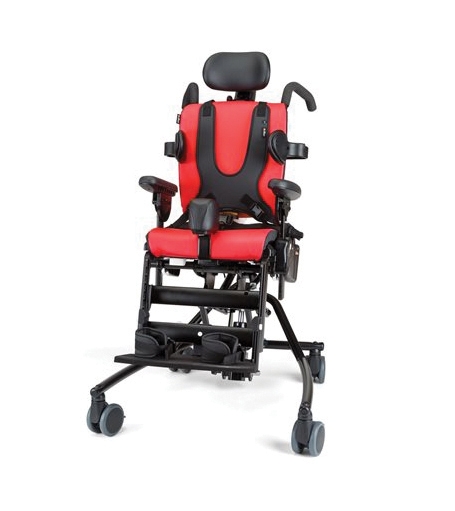
Inclusion Support QLD includes the Specialist Equipment Library (SEL). The SEL loans a range of specialist equipment, free of charge, to ECEC services to enable children to access and participate in all aspects of an ECEC program.
How to access support
You are encouraged and welcome to contact your Inclusion Professional directly, at a time that is convenient for you. Their contact details can be located at the bottom of each email they have sent the service.
Alternatively, please feel free to contact our friendly staff at the IA Help Hub on 1800 811 039 (toll-free) or email us at inclusionsupportqld@ku.com.au
Inclusion Support QLD is also committed to contacting each service at least twice each year, via phone or email. This provides you with the perfect opportunity to access support and share your inclusion achievements and challenges with your Inclusion Professional.
Your Inclusion Professional will also be able to share with you information about available inclusion resources, upcoming professional conversations opportunities and program support options.
We look forward to working with you soon and sharing in your inclusion journey.
